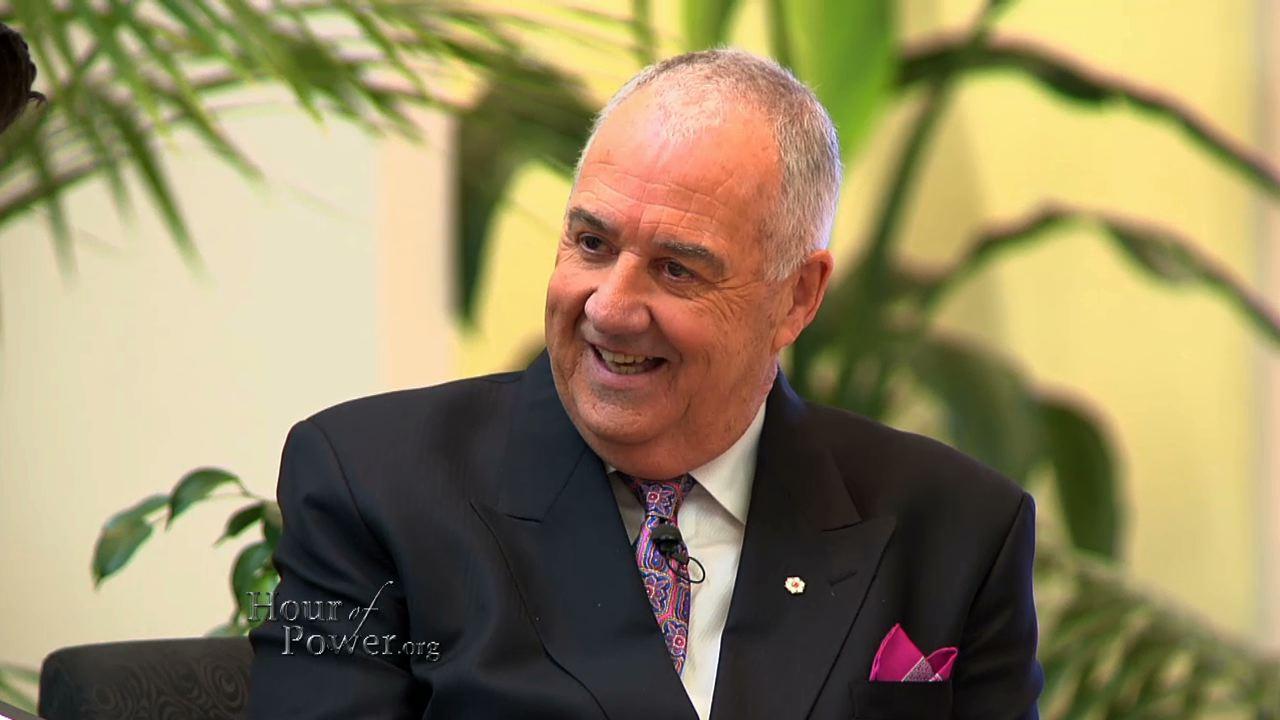Why do some people succeed and others don’t? Is it because some are luckier than others or is it simply because others moved on and did better after they failed? There is more to failure than you think.
Failure like success is not permanent. But both are part of life. Some of the most successful people in the world are those who have excelled beyond what most of us could even imagine are not the most talented or even the most educated. But they are the individuals who are able to stand committed to one goal or purpose come hell or high water. They did not stop at failure.
In my book The Power of Tenacity, I have shared that somebody at some point in your life has told you to embrace your failures. Most likely, you just shook your head and asked, “why would I want to do that” Or maybe, you thought to yourself, “That’s easy for them to say, they don’t have to live with it, I do. And you’re absolutely right, but here’s what’s so good about that. Failure does not prevent success. Just the opposite, in fact.
By accepting that something has failed and you need to move on, you’ll be able to focus on alternatives that might just be a better life for you. These are the things that you need to do when you fail.
- Accept that you’re human and get over the guilt.
Everybody fails.They may not all advertise those failures,but trust me,even the people who seem to go from one success to another have had their share of failures. Guilt, shame, embarrassment – these are only helpful in so much as they help you identify the lessons that can be learned so you can move on and try something else.
2. Talk it out.
Find a shoulder to cry on but not just any shoulder is the advise from blogger Lewis Schiff, who wrote the book, Business Brilliant.Most people don’t want to talk about failure because they are ashamed of it, explains Schiff. These are some things that only others in the same situation can understand, so it’s better to seek out someone who has been there and done that.
- Be honest with yourself.
Once a deal or project falls apart, own up to what went wrong. Start all the way at the beginning.. Maybe you were working with the wrong client, in the wrong market or with the wrong team. The real lesson might be about choosing who you work with and the projects you work on more carefully,not about details of the execution that went badly.
- Own it.
Don’t go looking for others to blame when one of your endeavors goes off the rails,even though they may have had some part to play. Look first at yourself. Did you communicate your expectations clearly? Perhaps you avoided asking difficult questions because you just wanted to close the deal. Or maybe you didn’t take the time to find out what was really needed. It’s easy to blame others when things go wrong but you can’t control others so assume they will remain the same and you’re the one who must learn and adjust if you want the next project to be more successful.
5. Dust yourself off and try again or better yet, DO IT.
Once you’ve figured out what you can learn from your failure, it’s time to get back in the game.Your second attempt at something is always stronger than your first. You’re older and wiser than you were before and you know a few things to look out for. Use that to your advantage.
So if you stop beating yourself and start acknowledging that there is more to failing, you’re on your way to success.

